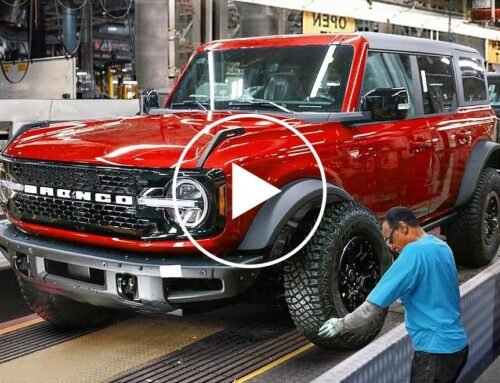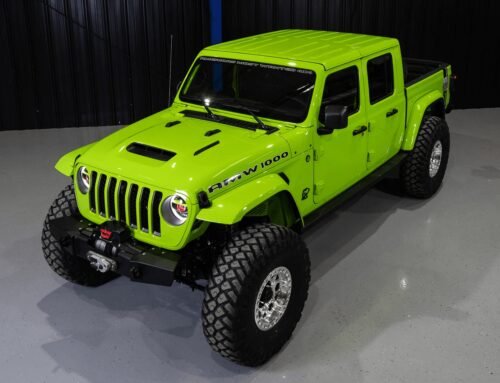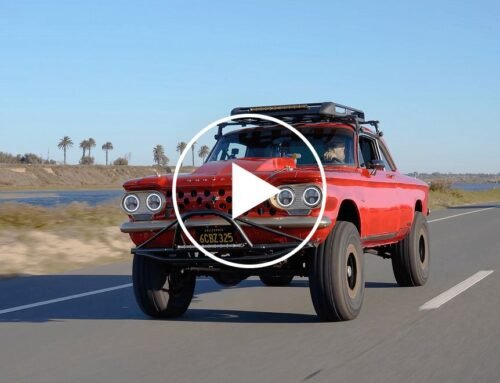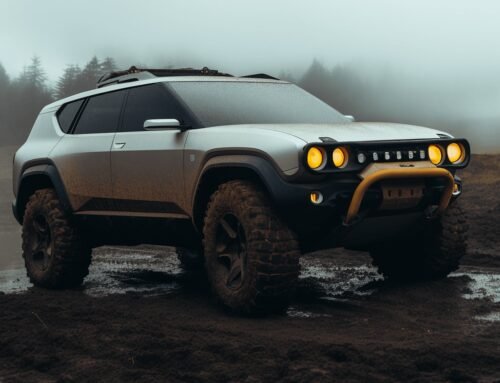The automaker will lean on Toyota and existing production capacity to start.
Lexus is nearing the release of its first dedicated EV, the RZ, later this year, but the vehicle is just the first in a long line of electrified vehicles the automaker has planned. Though it only moved a few thousand EVs in 2021, Lexus says it plans to build one million electric vehicles by 2030.
Lexus needs to rework its manufacturing processes and prepare itself for potential volatility to get there. Takashi Watanabe, chief engineer of Lexus Electrified, sees challenges ahead. At an event earlier this month, Watanabe said that the automaker would need to reconfigure its manufacturing processes in addition to designing the cars. He told Automotive News that the shift to EVs makes it hard to maintain a profitable business and said that Lexus needs to “reduce the cost of the battery and innovate the entire car manufacturing process.”
Lexus will look to Toyota to help build efficiencies while considering its manufacturing facilities. Though extremely rare, Lexus may share more production lines with Toyota, a move that both automakers have largely avoided. Even so, the upcoming Lexus RZ will roll off the same line that produces the Toyota bZ4X and Subaru Solterra, so there’s a recent precedent for the strategy.
Another solution could involve retrofitting existing production lines with EV-specific components. Watanabe said that hybrid lines could be adapted to build EVs, just as Lexus did with UX production, where the hybrid version is built alongside traditional gas models. Whatever the path, Lexus has an expensive road ahead of it. Updating legacy production facilities can cost billions, as many automakers like General Motors and Ford have discovered.
Lexus expects to find further efficiencies in software, where it will use Toyota’s new Arene automotive operative system. The system will help speed development and make Lexus cars stand out from the crowd. The automaker believes EVs will usher in an age of commodity cars, where software and experience are the keys to customer acquisition and retention.
Even with its million-EV goal, Lexus is prepared to flex if the market isn’t ready to adopt electric vehicles in a big way. The company can push its hybrid vehicles if buyers don’t warm to EVs at first, but it will push toward its lofty production goal if the interest is there.
 Toyota
Toyota
 Toyota
Toyota
 Subaru
Subaru
 Subaru
Subaru





